
1 in 3 adults in the U.S. has a criminal legal history—either an arrest or conviction record. The Reentry Working Group advocates to secure robust federal policy and funding for programs to assist formerly incarcerated individuals and/or people with criminal legal histories in achieving long-term reentry success, including supporting themselves and their families, and engaging with their communities. Policy areas covered by the Reentry Working Group are diverse, but include workforce development; housing; health care, including substance use disorder and mental health treatment; education; nutrition assistance and income support; voting rights; and reducing collateral consequences of conviction. The Reentry Working Group regularly engages Congress as well as the Administration, including the White House and Departments of Justice, Labor, Education, Agriculture, Housing and Urban Development, Health and Human Services, and Small Business Administration.
Sometimes the Reentry Working Group engages in “rapid response” to quickly react against negative amendments on reentry or collateral consequences issues that arise in a wide range of bills under consideration by Congress. Such policies, if enacted, would adversely impact people with criminal legal histories and jeopardize their reentry success. The Reentry Working Group has successfully overcome such amendments, including those that would have reduced access to educational benefits, nutrition assistance programs, and support for business owners, to name a few.
1 in 3 adults in the U.S. has a criminal legal history—either an arrest or conviction record. The Reentry Working Group advocates to secure robust federal policy and funding for programs to assist formerly incarcerated individuals and/or people with criminal legal histories in achieving long-term reentry success, including supporting themselves and their families, and engaging with their communities. Policy areas covered by the Reentry Working Group are diverse, but include workforce development; housing; health care, including substance use disorder and mental health treatment; education; nutrition assistance and income support; voting rights; and reducing collateral consequences of conviction. The Reentry Working Group regularly engages Congress as well as the Administration, including the White House and Departments of Justice, Labor, Education, Agriculture, Housing and Urban Development, Health and Human Services, and Small Business Administration.
Sometimes the Reentry Working Group engages in “rapid response” to quickly react against negative amendments on reentry or collateral consequences issues that arise in a wide range of bills under consideration by Congress. Such policies, if enacted, would adversely impact people with criminal legal histories and jeopardize their reentry success. The Reentry Working Group has successfully overcome such amendments, including those that would have reduced access to educational benefits, nutrition assistance programs, and support for business owners, to name a few.

Collier Collective, LLC

Open Society-U.S. Policy Center
The Reentry Working Group in Action
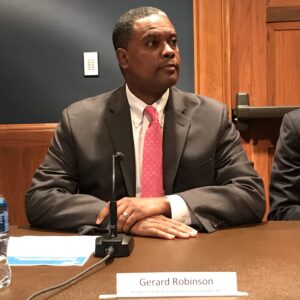
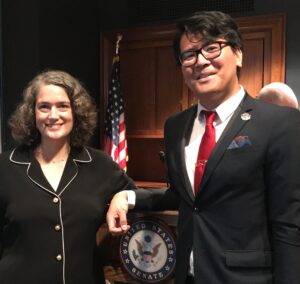
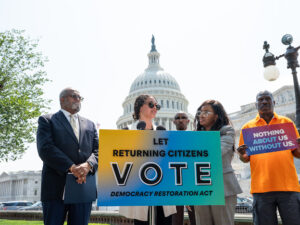
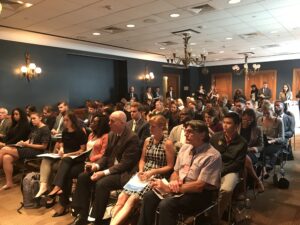
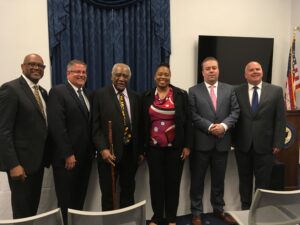
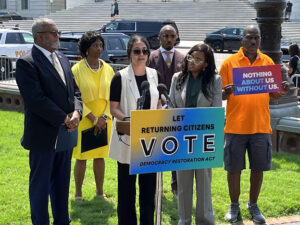
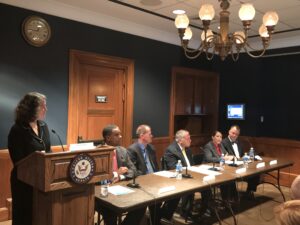
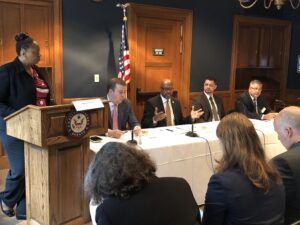

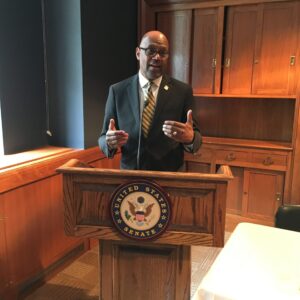
The Reentry Working Group in Action









